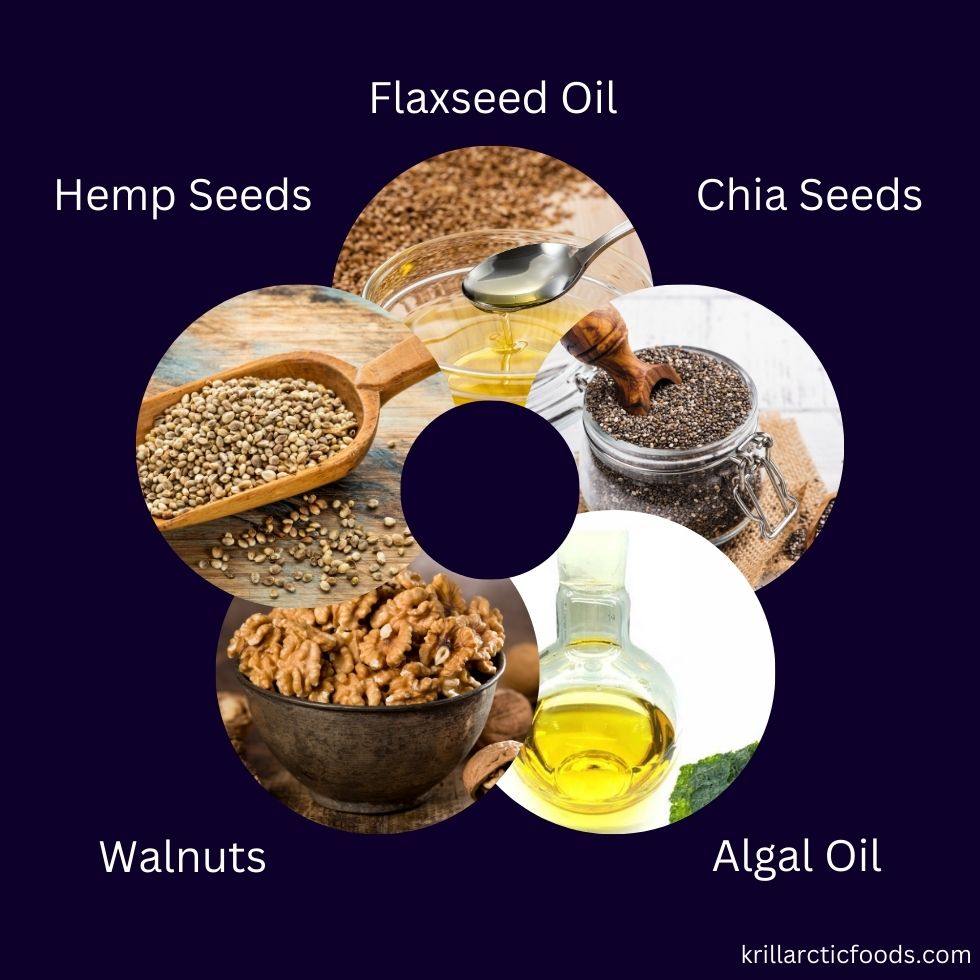You’ve started taking fish oil supplements to boost your heart health, but lately, something feels off—you’re experiencing some digestive discomfort and feeling a little backed up. Could fish oil be the culprit? It’s a common concern, as many people who take fish oil supplements have reported similar experiences. In fact, with about 8% of U.S. adults regularly using omega-3 supplements, questions about possible side effects, including constipation, are more common than you might think.
So, does fish oil really cause constipation, or is this just another health myth? In this article, we’ll explore the truth behind this concern, explaining how fish oil affects your digestive system, debunking myths, and offering tips to prevent any potential side effects.
If you’re unsure about your fish oil routine, read on—you might find exactly the answers you need to feel more confident about your supplement choices.
What is Fish Oil?
Fish oil is a type of fat derived from the tissues of oily fish like salmon, mackerel, and sardines. It’s rich in omega-3 fatty acids, which are essential fats your body can’t produce on its own. These healthy fats help our body in various functions, from supporting heart health to reducing inflammation. Unlike saturated fats, which can clog your arteries like a blocked drain, omega-3s help keep everything flowing smoothly in your body.
Fish oil’s widespread appeal comes from its long list of health benefits, which are backed by extensive scientific research. Many people take it to support heart health, brain function, and even joint flexibility. Whether it’s soothing inflamed joints or keeping your heart ticking in rhythm, omega-3s offer a range of advantages. However, as with any supplement, it’s important to understand how it affects your body and whether it’s the right fit for you. Knowing the ins and outs of fish oil can help you make informed choices about your health.
Can Fish Oil Cause Constipation?
While fish oil is celebrated for its many health benefits, there’s a common concern among users: Can it cause constipation? The short answer is that, for most people, fish oil doesn’t lead to constipation. In fact, the omega-3s in fish oil are known for supporting digestive health by reducing inflammation, which can actually improve gut function.
But here’s the catch: In some cases, particularly when people take large doses or certain forms of fish oil, digestive issues like constipation can occur. Think of your digestive system as a highway. If too much traffic hits at once (in this case, a large dose of fish oil), things might slow down. It’s usually not the oil itself causing the issue, but rather how your body processes it.
Some individuals might also be more sensitive to the form in which fish oil is taken, such as large capsules, which can sometimes be harder to digest. If you’re noticing digestive discomfort, it might be helpful to take smaller doses or switch to a liquid form. Staying hydrated and taking fish oil with meals can also reduce the likelihood of any side effects.
Ultimately, the key is understanding how your body responds to fish oil. If constipation does occur, it’s often mild and can be managed by adjusting the way you take the supplement. It’s always wise to listen to your body and make changes if needed, ensuring your health routine works in your favor.
Factors that May Contribute to Constipation
Several factors can contribute to constipation, and while fish oil alone is rarely the cause, it can play a role depending on how your body reacts. Here’s a closer look at what might be happening behind the scenes:
1. Dehydration:
Fish oil, particularly in capsule form, can lead to constipation if you aren’t drinking enough water. Omega-3s need proper hydration to help your body function smoothly. Think of it like oiling a machine—it can’t work well if it’s dry. Without enough fluids, your digestive system might slow down, leaving you feeling backed up.
2. Large Dosages:
Taking too much fish oil at once can overwhelm your digestive system. Just like cramming too many passengers onto a bus, larger doses are harder to manage and might lead to delayed bowel movements or other discomforts.
3. Low Fiber Diet:
A lack of fiber in your diet can make it more difficult for your digestive system to keep things moving. Fish oil, while beneficial, won’t solve this problem on its own. Pairing it with fiber-rich foods like fruits, veggies, and whole grains can help avoid constipation.
4. Type of Supplement:
Some fish oil supplements contain additives or preservatives that may irritate the gut or disrupt digestion. Think of it like adding extra ingredients to a recipe—sometimes, simpler is better. Opting for pure, high-quality fish oil can reduce the risk of unwanted side effects.
5. Lack of Physical Activity:
Regular movement stimulates digestion. A sedentary lifestyle, combined with supplements like fish oil, may lead to slower digestion, contributing to constipation. Staying active is like giving your gut a nudge to keep things flowing.
Understanding these factors can help you adjust your routine to minimize discomfort while still benefiting from fish oil.
How Can I Avoid Constipation When Taking Fish Oil?
Preventing constipation while taking fish oil requires a few thoughtful tweaks to your daily habits. Here are five practical tips to keep your digestion on track:
1. Split Your Dosage:
Instead of taking a large dose all at once, try splitting it into smaller amounts throughout the day. This can make it easier for your body to process the fish oil without overwhelming your digestive system. It’s like taking small bites of a meal instead of trying to eat it all in one go.
2. Choose Liquid Fish Oil:
If capsules are causing discomfort, switching to a liquid form of fish oil might be gentler on your stomach. Liquid options are absorbed more quickly, reducing the risk of any digestive slowdowns.
3. Maintain a Balanced Diet:
Don’t rely on fish oil alone for your health. A well-rounded diet rich in fiber helps prevent constipation. Think of leafy greens, nuts, and seeds as your secret weapon for keeping digestion flowing smoothly alongside your supplement.
4. Be Active:
Physical activity plays a huge role in digestion. Regular exercise, even simple activities like walking, encourages the digestive system to work efficiently, reducing the likelihood of constipation while taking supplements.
5. Monitor Your Body’s Response:
Everyone’s body reacts differently. If you notice constipation after starting fish oil, don’t be afraid to tweak the dosage, try a different form, or consult with a healthcare professional. Adjustments are key to finding what works best for you.
By following these strategies, you can minimize the chances of fish oil causing constipation and enjoy its many health benefits without interruption.
Alternatives to Fish Oil for Omega-3 Intake
If you’re looking for alternatives to fish oil supplements, there are plenty of options to get your daily dose of omega-3s. Whether you’re vegetarian, allergic to fish, or just want a different approach, here are a few choices that might suit you better.
1. Flaxseed Oil:
Ever heard of tiny seeds packing a big punch? Flaxseeds are a plant-based powerhouse rich in omega-3s. Flaxseed oil offers an easy way to incorporate these healthy fats into your diet without turning to fish. It’s a great option for those on plant-based diets, and you can easily mix it into smoothies, salads, or even drizzle it over vegetables.
2. Chia Seeds:
Chia seeds might be small, but they’re loaded with nutrients, including omega-3s. Just a sprinkle in your morning yogurt or oatmeal can give you a boost of healthy fats without the need for fish oil.
3. Algal Oil:
Did you know fish get their omega-3s from algae? Algal oil is derived directly from algae and offers the same benefits as fish oil. It’s an excellent vegan-friendly option that provides DHA and EPA—the two key types of omega-3 fatty acids found in fish oil. Plus, it’s easy on the stomach and doesn’t come with the fishy aftertaste.
4. Walnuts:
Sometimes, the simplest choices are the best. Walnuts are a delicious snack packed with omega-3s. A handful of these nuts daily can give you a natural, food-based source of healthy fats.
5. Hemp Seeds:
Another plant-based option, hemp seeds contain a good balance of omega-3s and omega-6s, helping to support overall heart health. They’re versatile and can be sprinkled on just about anything—from salads to soups.
Whether you’re looking to switch things up or avoid fish altogether, these alternatives offer plenty of ways to maintain your omega-3 intake. Choosing what works best for you is all about finding what fits into your routine and diet seamlessly. If you’re curious about how to incorporate krill into your diet as another omega-3 source, explore our selection of high-quality krill products and see how they can benefit your health!
Conclusion
Fish oil offers a wealth of health benefits, from supporting your heart to easing inflammation, but like with anything, it’s important to understand how your body responds. While constipation isn’t a common side effect, knowing the potential causes and how to avoid them can make all the difference in your comfort and wellness routine. Whether it’s staying hydrated, adjusting your dosage, or exploring plant-based omega-3 alternatives like flaxseed or algal oil, the key is finding what works best for you.
Remember, supplements are just one piece of the puzzle. A balanced diet, regular exercise, and listening to your body’s signals will help keep everything running smoothly. If you’re looking for an easy-to-digest omega-3 option, krill oil is another fantastic choice that can provide the benefits you’re after, without the potential side effects.










